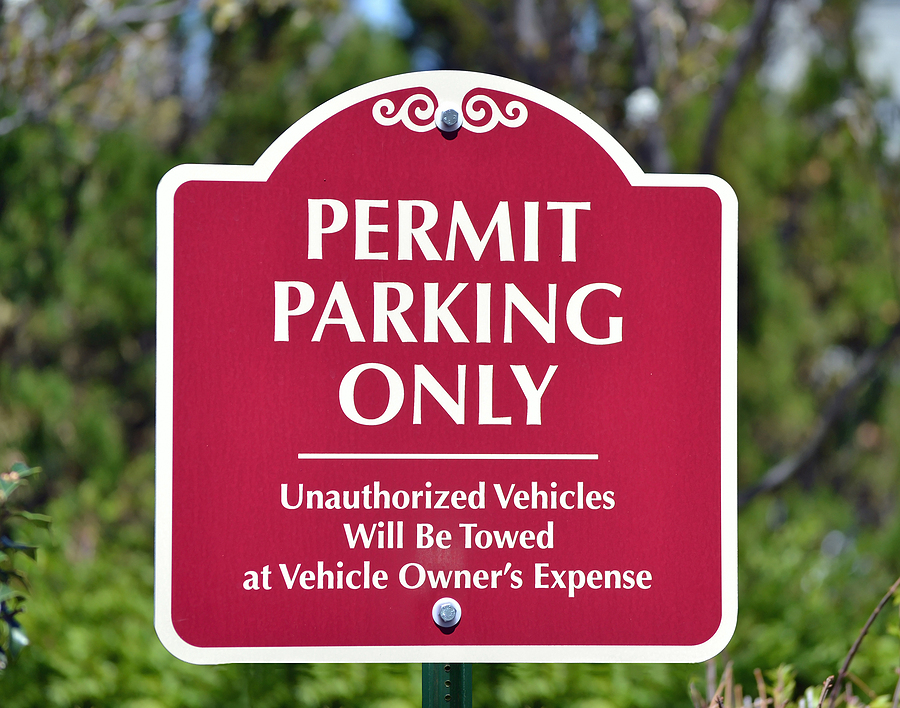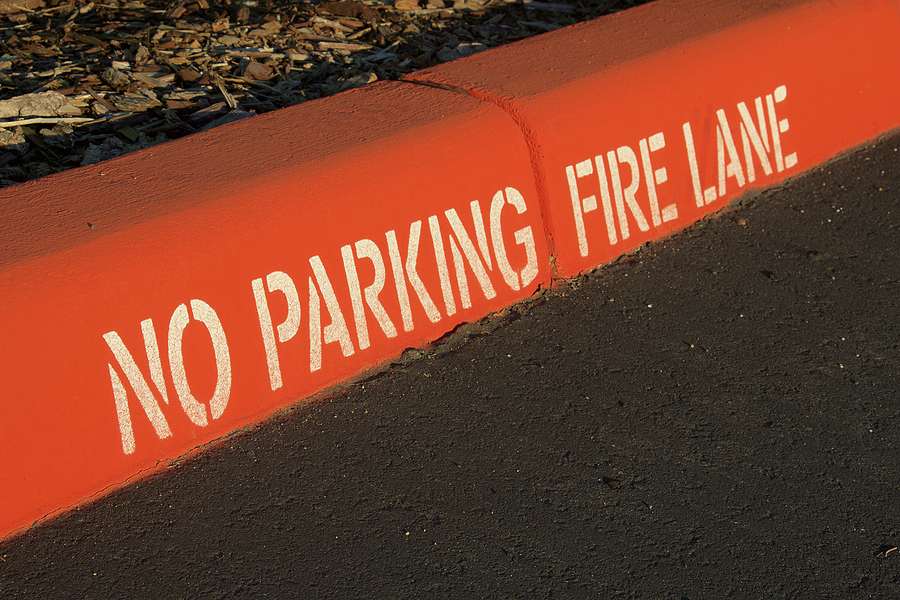There are few feelings as jarring as returning to where you parked your car, only to find an empty space. Your mind might jump to the worst-case scenario: theft. But often, the explanation is less sinister, though still frustrating—your vehicle has been towed. This experience can be stressful and confusing, leaving you unsure of what steps to take.
Discovering your car is missing is an unsettling event. It can disrupt your day, create unexpected expenses, and involve navigating a maze of administrative procedures. This guide is designed to provide clear, actionable steps to help you through this process. From figuring out why your car was towed to getting it back, and even how to prevent it from happening again, we’ll walk you through everything you need to know.

Why Do Cars Get Towed?
Understanding the reasons why a vehicle might be towed can help you figure out your next steps and avoid future incidents. A car isn’t towed without a reason; it’s typically the result of a violation.
Common Parking Violations
The most frequent cause for towing is a parking violation. This can include a wide range of infractions, such as:
- Parking in a no-parking zone.
- Blocking a fire hydrant, crosswalk, or driveway.
- Exceeding the time limit in a metered or time-restricted spot.
- Parking in a designated handicap spot without a valid permit.
- Parking in a tow-away zone, often clearly marked with signs.
Expired Registration or Unpaid Tickets
Local authorities can tow vehicles for administrative reasons as well. If your vehicle has an expired registration, it may be considered illegally parked on a public street. Similarly, an accumulation of unpaid parking tickets can flag your vehicle for towing. Municipalities often use towing as a tool to compel payment of outstanding fines.
Public Safety and Obstruction
Sometimes, a car is towed because it poses a risk to public safety. This could mean it’s obstructing traffic flow, parked in an emergency lane on a highway, or abandoned in a way that creates a hazard. After an accident, if a vehicle is not drivable, it will be towed from the scene to clear the roadway.
Immediate Steps to Take if Your Car Just Got Towed
The moment you realize your car is missing, it’s important to act quickly and methodically. Your immediate actions can save you time, money, and stress.
1. Confirm Your Car Was Towed, Not Stolen
Before panicking, take a moment to confirm that your vehicle was indeed towed. Look around for any signs indicating a temporary no-parking zone you might have missed. Sometimes, signs for street cleaning or special events go up with little notice. Check with local businesses or residents to see if they saw what happened.
The next step is to call the local police department’s non-emergency line. They are usually the first to be notified when a vehicle is towed. Provide them with your license plate number, the make and model of your car, and the location where you parked it. They should be able to tell you if it was towed and which company has it.
2. Don’t Delay
Once you confirm your car has been towed, time is of the essence. Towing yards charge daily storage fees, which can add up quickly. The sooner you act, the less you will have to pay. Begin the process of locating your car and understanding the retrieval requirements immediately.
Find Out Why Your Car Got Towed in Indy ✅
Finding Out Where Your Car Is
If the police can’t confirm the tow, or if it was towed from private property (like a shopping center or apartment complex parking lot), you may need to do a bit more digging.
Look for signs posted on the property where you parked. These signs are legally required in many areas and must list the name and phone number of the towing company they use.
If you are in Indianapolis and need help locating your vehicle, services are available to assist with car impound searches. Using a dedicated car impound search can streamline the process and help you find your vehicle’s location quickly.
Understanding Towing Fees
Retrieving your car from an impound lot involves paying several fees. These costs are regulated in many jurisdictions, but they can still be substantial.
- Towing Fee: This is the base charge for the service of towing your vehicle.
- Storage Fees: Impound lots charge a daily fee for storing your car. This is why acting fast is so crucial.
- Administrative Fees: Some lots charge an additional fee for processing the paperwork.
- Gate Fees: You might be charged an extra fee if you need to retrieve your car after regular business hours.
When you contact the tow yard, ask for a complete breakdown of all charges. Make sure you understand what you are paying for. Payment is usually required in full via cash or a credit/debit card before they will release your vehicle.
How to Contest the Tow
If you believe your car was towed unfairly, you may have the right to dispute it. This could be the case if there were no clear signs, the reason for the tow was incorrect, or the towing service did not follow proper procedures.
To contest a tow, you will likely need to request a hearing with the local parking authority or court. Gather all possible evidence to support your case, including:
- Photos of where you were parked, showing any unclear or missing signs.
- Receipts or witness statements.
- A copy of the parking regulations for that area.
Contesting a tow can be a lengthy process, and you will still need to pay to get your car out of the impound lot first. If you win your case, you may be reimbursed for the towing and storage fees.
Tips to Prevent Future Tows
The best way to deal with a towed car is to avoid it altogether. By being a mindful and informed driver, you can significantly reduce your chances of having your car towed.
- Read All Signs: Always take a moment to read every parking sign carefully. Check for time limits, street cleaning schedules, and any temporary restrictions.
- Keep Your Vehicle Legal: Ensure your car’s registration is always current, and pay any parking tickets promptly.
- Avoid Problem Areas: Be extra cautious when parking near fire hydrants, crosswalks, bus stops, and in front of driveways.
- Use Parking Apps: Many apps can help you find legal parking and even pay for it remotely, sending you alerts when your time is about to expire.
Your Next Steps to Reclaim Your Vehicle
Having your car towed is a frustrating and costly experience, but knowing what to do can make it more manageable. By staying calm, acting quickly, and understanding your rights, you can navigate the process efficiently. Remember to confirm the tow, locate your vehicle promptly to minimize fees, and take preventative measures to ensure it doesn’t happen again.
Don’t waste time and energy trying to locate your vehicle on your own. Zore’s Towing in Indianapolis can guide you through the towed car retrieval process efficiently, saving you both time and money. Let us help you find your vehicle, fast.
Related Post: Your Car Was Towed in Indiana? Here’s What You Need to Know




